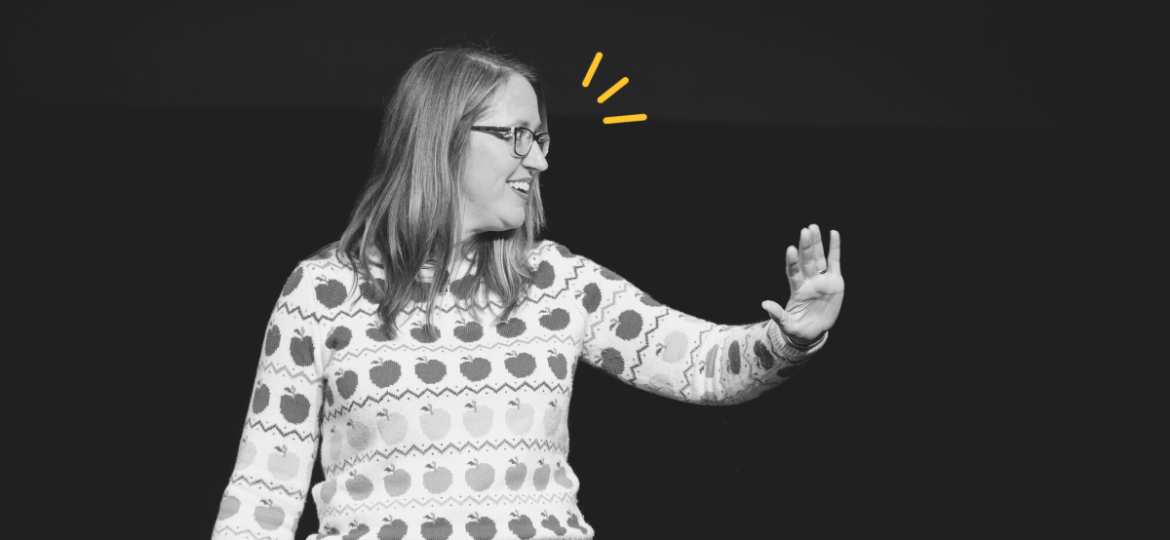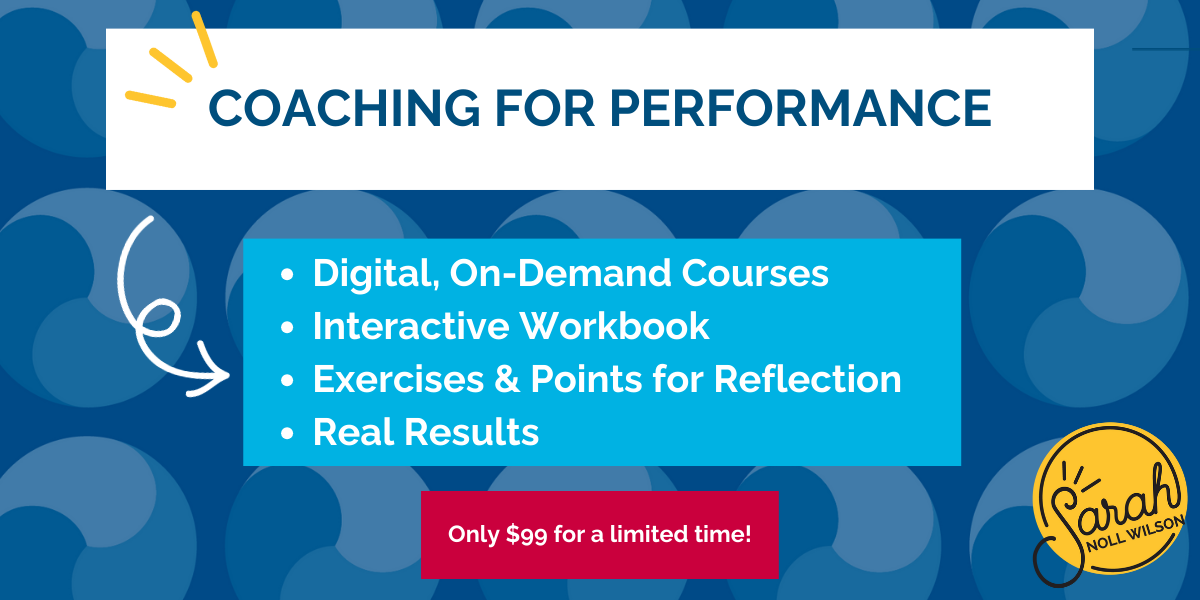
I used to run myself ragged trying to be everything to everyone at work. I wanted to always be one step ahead. To have what you needed ready for you before you even asked for it. To be not just a top performer but the top performer. And no, this isn’t because I wanted to be “extra” or receive any kind of glory at work; this approach was my idea of work, of stasis. If I exceeded expectations, I was doing a good job. Meeting the bar for performance–though it is by definition “enough”–always felt like falling short. What a pressure cooker.
I’m offering you my example because, as rates of burnout soar and we hear story after story from the humans we serve, sometimes we need a gentle reminder to look inward first. To examine any blind spots we might have around the issue before we can begin to approach it in the bigger picture.
One, a senior leader I worked for so beautifully told me, “Sarah, sometimes it’s okay to meet expectations. It doesn’t mean you’re a failure. It means you’re prioritizing yourself.”
And . . . whoa. Mindblown.
I realized that I’d made an excuse that I had to “do my best,” but what I’d defined as my best was this constantly moving goal post. Not only that, but “doing my best” in pursuit of that goal post had morphed into this trade-off situation in which my relationships and my health suffered.
As I grew as a person and a leader, I was able to internalize that advice a bit more. I learned we don’t have to be exceptional to be impactful and effective. In fact, as author Tricia Hersey writes in Rest Is Resistance: A Manifesto: “Loving ourselves and each other deepens our disruption of the dominant systems. They want us unwell, fearful, exhausted, and without deep self-love because you are easier to manipulate when you are distracted by what is not real or true.”
The American Hustle productivity machine that tells us to churn, churn, churn and go, go, go. And I believed this. That there was one way to be successful and that was to be busy, all the time. I’m saying all of this to you as someone who, had you asked her at the time, would have said she was doing great. Crushing it. All outward signs pointed that way, right? But deep down, I was beyond tired.
It’s time to redefine our relationship with rest and remember, as Hersey writes, that “productivity should not look like exhaustion. The concept of laziness is a tool of the oppressor.”
Sometimes that oppressor is an unhealthy work environment. Sometimes it is a larger system like capitalism, white supremacy, and patriarchy. And sometimes—and this one is often overlooked—it is (or is exacerbated by) our own expectations of what success looks like for ourselves. And that can and often does, by the way, look different than what your expectation of success is for other people. If you interrogate your approach honestly, in fact, I bet you’ll find that you might give more grace to those around you than you do to yourself. This way of operating—of holding yourself to such a high degree of expectation that you’re not doing enough unless you’re doing more than is expected—feels like just one stop on the train to burnout.
I invite you to pause for a moment. There is no call to action here. Instead, I offer a call to question. Take five minutes today and think about the following:
- What is your definition of success for yourself?
- What has been your relationship with meeting and exceeding expectations? (Hint: You can think way back to childhood here.)
- What do you consider failing?
- What is your relationship with rest now?
- When was the last time you prioritized yourself?
If you’re comfortable, share what you discovered. As a fellow human constantly working on this, too, I’d love to hear your experiences.
Sarah Noll Wilson is on a mission to help leaders build and rebuild teams. She aims to empower leaders to understand and honor the beautiful complexity of the humans they serve. Through her work as an Executive Coach, an in-demand Keynote Speaker, Researcher, Contributor to Harvard Business Review, and Bestselling Author of “Don’t Feed the Elephants”, Sarah helps leaders close the gap between what they intend to do and the actual impact they make. She hosts the podcast “Conversations on Conversations”, is certified in Co-Active Coaching and Conversational Intelligence, and is a frequent guest lecturer at universities. In addition to her work with organizations, Sarah is a passionate advocate for mental health.




Thank you. I am relishing in the power of saying “no.”
I’m still working on no being a complete sentence. 🙂